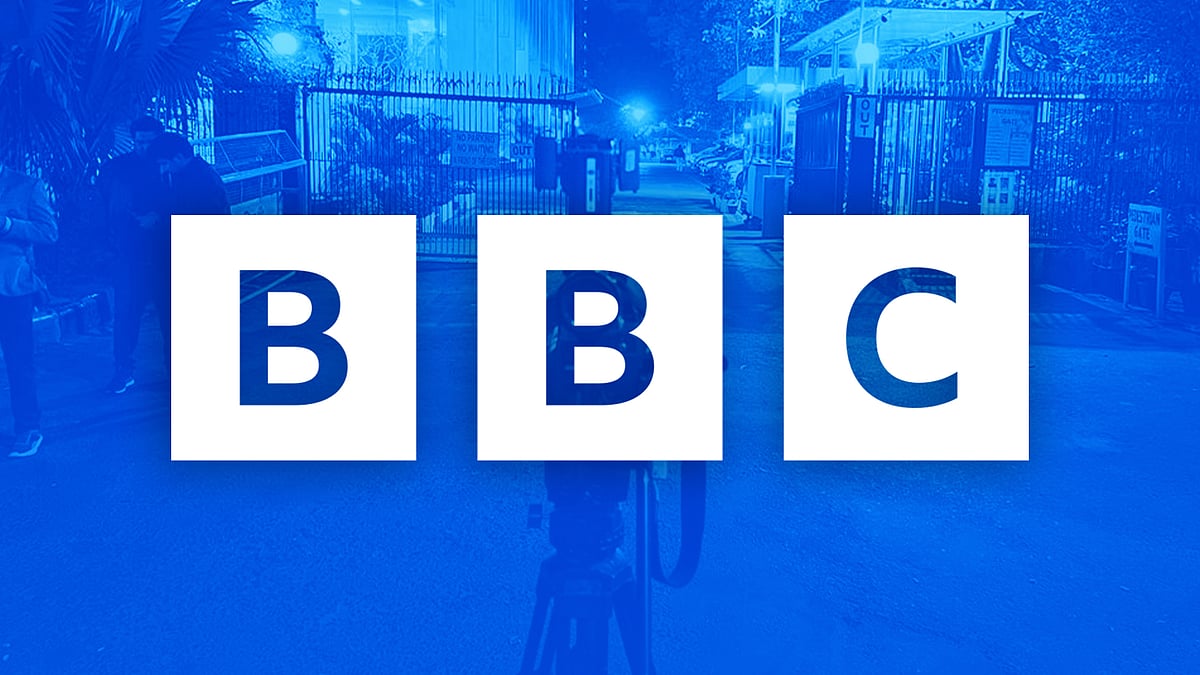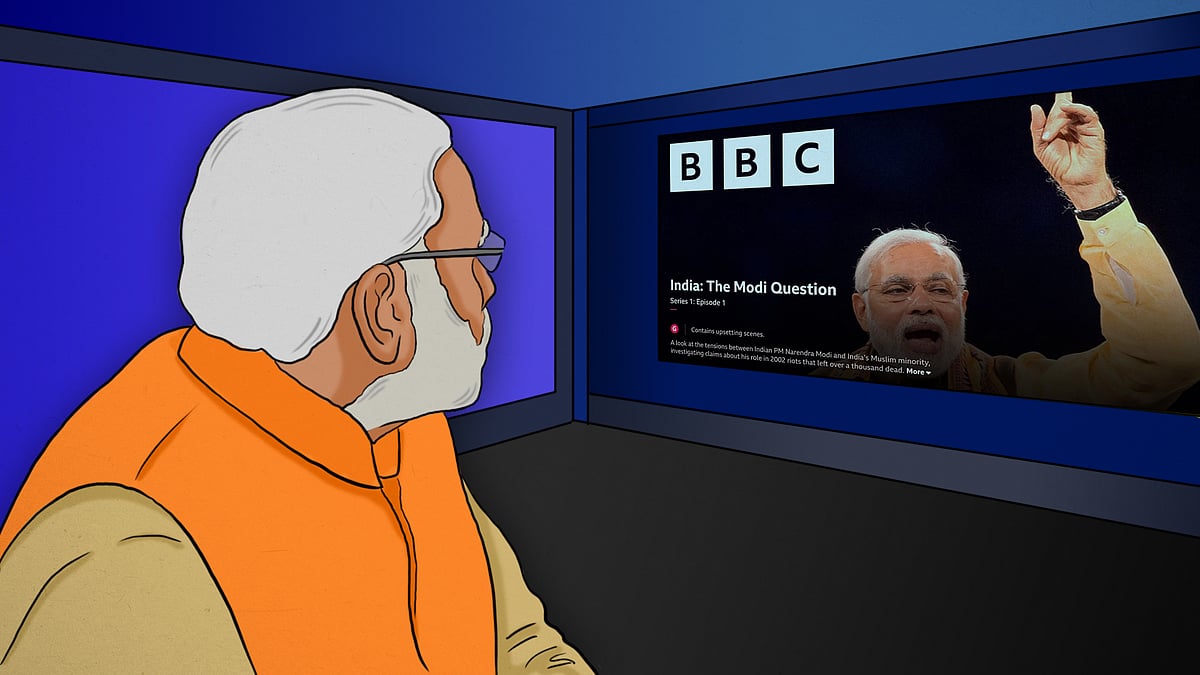Did BBC India ‘confess to underreporting’ income? Unnamed officials contradict each other in reports
It all began when Hindustan Times quoted anonymous officials from the Central Board of Direct Taxes.
After Hindustan Times alleged BBC India had “confessed” to underreporting income, citing two unnamed officials, the New Indian Express quoted a third unnamed official saying the allegations did not seem correct.
The Hindustan Times report relied on officials from the Central Board of Direct Taxes, who said the British broadcaster had purportedly “confessed to underreporting” of Rs 40 crore of income. The officials called this “as good as ‘tax evasion’”. The newspaper quoted them as saying the BBC must “take the formal route to comply by filing revised returns and paying all dues, penalty and interests, which runs in several crores”.
The two officials also alleged the the Income Tax department’s “survey” of the British broadcaster’s offices in Delhi and Mumbai earlier this year were “based on definite material evidence”.
The story was picked up by multiple media houses.
However, soon after, the New Indian Express quoted a “top government official” who “denied the reports”. While Hindustan Times alleged the BBC had confessed in an “email to CBDT”, this official said there was no standard operating procedure for “formal or informal emailing”.
“There is a legal process of assessment. There is no such SOP for formal or informal emailing. Indian tax laws don’t allow any liberal treatment if the taxpayer accepts misdoing,” the unnamed official said.
Meanwhile, a spokesperson for the BBC told Scroll the process is “ongoing and will take time to conclude”. “The BBC of course takes its tax obligations very seriously.”
The IT department’s “survey” spanned three days in February, during which the department allegedly cloned digital data from devices in the accounts section and switched off employees’ phones. A government note said the key focus of the “surveys” was to investigate “manipulation of prices for unauthorised benefits, including tax advantages”.
Additionally, in April, the Enforcement Directorate in India registered a case against the BBC under the Foreign Exchange Management Act for alleged “foreign direct investment violations”.
Importantly, these events took place soon after the BBC released a documentary in January on prime minister Narendra Modi that focused on the role he allegedly played in the 2002 Gujarat riots. The Indian government banned it and called it “propaganda”. Read about the controversial documentary here.
This report has been updated with new information from the New Indian Express story. The headline has been updated to reflect these changes.
 ‘Tea breaks, keyword searches’: Inside the BBC ‘survey’ as it enters Day 3
‘Tea breaks, keyword searches’: Inside the BBC ‘survey’ as it enters Day 3  BBC’s Modi documentary is a story already known, aired and shared – but with one big bombshell
BBC’s Modi documentary is a story already known, aired and shared – but with one big bombshell